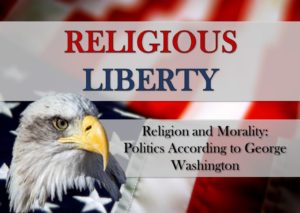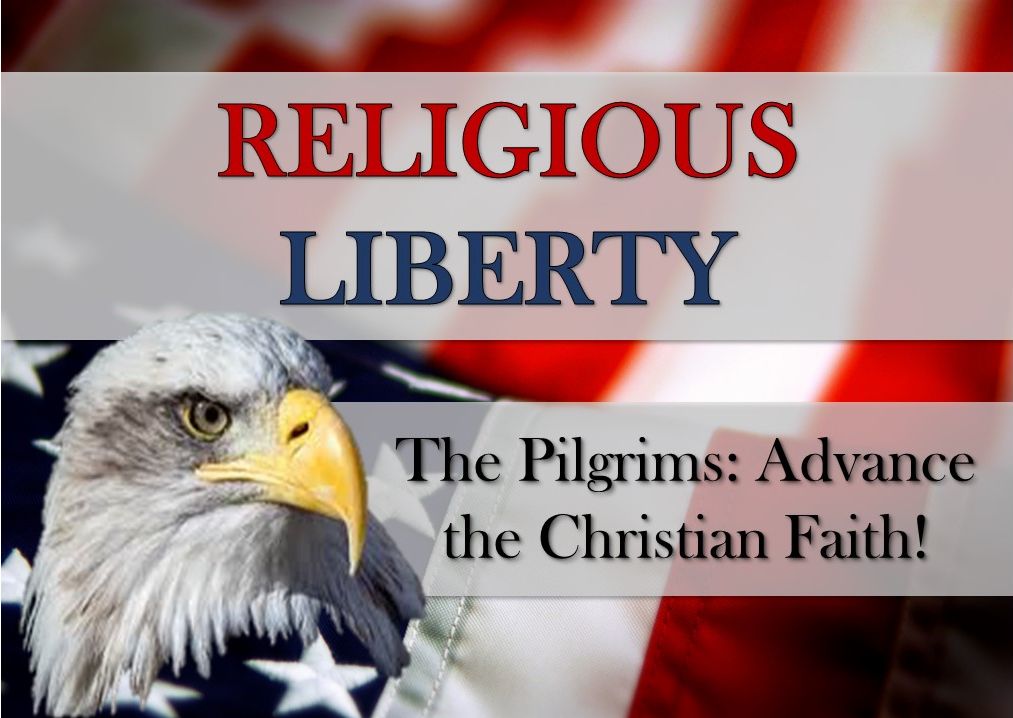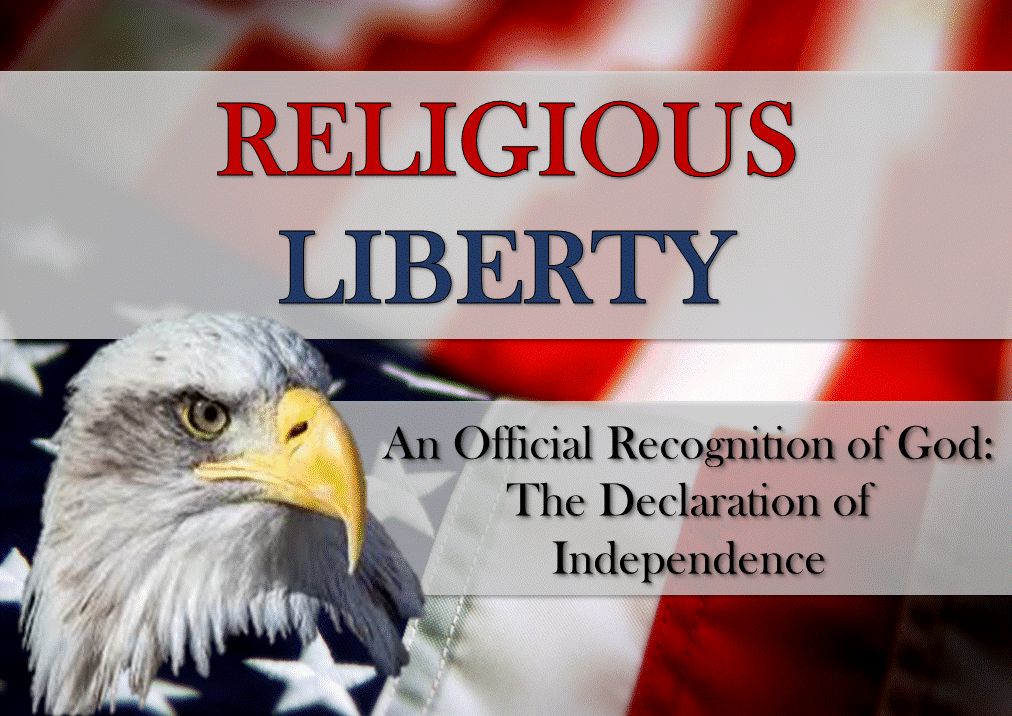 We cannot, of course, discuss the heritage of America (or religious liberty) without including George Washington, the esteemed war hero who presided over the Constitutional Convention and later became the first president of the United States. This outstanding statesman, who was as revered by his contemporaries as he is in our day, declared in his farewell address that
We cannot, of course, discuss the heritage of America (or religious liberty) without including George Washington, the esteemed war hero who presided over the Constitutional Convention and later became the first president of the United States. This outstanding statesman, who was as revered by his contemporaries as he is in our day, declared in his farewell address that
Of all the dispositions and habits which lead to political prosperity, religion and morality are indispensable supports.
Stop here a second. What are the primary ingredients to prosperity? Religion and morality. I’m afraid that poor Washington would have a difficult time capturing the electoral vote today, despite having one of the most well-known names in American history. After all, his claim that religion is one of the “indispensable supports” of political prosperity is undisputable proof of his ultra-right-wing fanatical leanings.
Let’s listen further to what Washington had to say to his devoted constituents about religion and morality:
In vain would that man claim the tribute of patriotism, who should labor to subvert these great pillars of human happiness, these firmest props of the duties of men and citizens. The mere politician, equally with the pious man, ought to respect and to cherish them. A volume could not trace all their connections with private and public felicity. Let it simply be asked: Where is the security for property, for reputation, for life, if the sense of religious obligation desert the oaths which are the instruments of investigation in courts of justice?
Stop here again. Did you catch it? Without religion, what security do we have? If religious obligation that informs the conscience of judges is stripped away, can we trust them to do what is right? Maybe we should add the title of “prophet” to Washington’s resume.
Washington was not finished:
And let us with caution indulge the supposition that morality can be maintained without religion. Whatever may be conceded to the influence of refined education on minds of peculiar structure, reason and experience both forbid us to expect that national morality can prevail in exclusion of religious principle.[i]
In other words, don’t just talk about morality alone. Without religion, morality is empty and unstable. And without morality, there is no stable government.
In case you missed it, let me sum up Washington’s words in one sentence: Religion is essential for American government.
Washington’s words echo the sentiments of most the founders of America. Although they disagreed on many specifics, religion, and most often some form of Christianity, influenced both their personal and public lives.
Once again, those who desire to eradicate religion from public life should reacquaint themselves with history, and what better place to begin than with the beloved father of our country himself?
Previous article: Elevating Christian Liberty: William Penn
Next article: Freedom to Practice Religion: Virginia and Maryland
See the other articles about religious liberty
[i] George Washington, “Washington’s Farewell Address” (Avalon Project, 1796), accessed February 21, 2015, http://avalon.law.yale.edu/18th_century/washing.asp.



